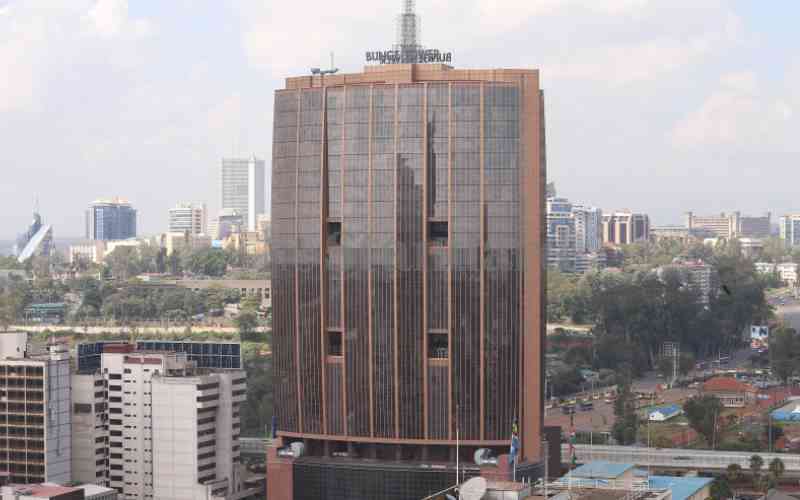The Constitution of Kenya (amendment) Bill 2015 sponsored by Ugenya Member of Parliament David Ochieng, which seeks to move the election date from August 2017 to December 2017, has gone through two readings in Parliament.
On its third reading, Speaker Justin Muturi is expected to rule on whether MPs can amend the Constitution without a referendum.
The 2010 Constitution stipulates (for a reason) that elections be held on the second Tuesday of August in an election year. Traditionally, Kenya used to hold elections in the last week of December. This changed when the High Court ruled that the elections be held in March 2013 on grounds that the 10th Parliament ought to serve its full five-year term, which ended on January 14, 2013, and elections held 60 days later.
Again, the argument being advanced is that the term of the MPs will fall short of the mandatory five years if elections were held in August. Still, there are those who would want the election date moved to March 2018. Other reasons being advanced to legitimise moving the election date to December 2017 include the very unconvincing argument that it would interfere with the school calendar as well as affect the Government's Budget-making cycle.
Members of Parliament took the oath to protect and uphold the Constitution. The constitution is explicit on the election date and any attempts to alter the document must be subjected to a referendum. In 2012, the matter of the election date was taken to court by former Kilome MP Harun Mwau and after due consideration, the court of appeal ruled August 8, 2017 to be the next election date. It would be a travesty of justice for MPs, obviously united by a desire to stay longer in office, to precipitate a constitutional crisis by illegally extending the term of the President.
The framers of the Constitution made it such that the terms of persons serving at the Independent Electoral and Boundaries Commission, an organ crucial to elections, overlapped with the electoral cycle to avoid a situation like in 2007 when new officials were appointed to the defunct Electoral Commission of Kenya a few months to the elections, thus precipitating a crisis that in a way, was blamed for the violence that erupted thereafter, which caused 1,300 deaths and the displacement of hundreds of thousands.
The current IEBC commissioners leave office in November 2017. If the current office stays beyond December, its legitimacy will be open to challenge in a court of law. Conversely, it is not practicable for new commissioners to assume office in November and conduct credible elections within one month.
It is in the interest of the incumbent Government to ensure that the Opposition finds no valid grounds to accuse it of giving itself undue advantage. This much it owes to the public; to ensure that situations that create unnecessary tension do not arise. Up until recently, the Opposition has insisted, without supporting facts, that the IEBC lacked the credibility to conduct free and fair elections. A situation that amplifies that refrain should not arise.
It is the hope of this newspaper that Mr Muturi's ruling factors in all the probable scenarios and sets the stage for a level playing field where losers will have no reason to claim foul play.
 The Standard Group Plc is a
multi-media organization with investments in media platforms spanning newspaper
print operations, television, radio broadcasting, digital and online services. The
Standard Group is recognized as a leading multi-media house in Kenya with a key
influence in matters of national and international interest.
The Standard Group Plc is a
multi-media organization with investments in media platforms spanning newspaper
print operations, television, radio broadcasting, digital and online services. The
Standard Group is recognized as a leading multi-media house in Kenya with a key
influence in matters of national and international interest.
 The Standard Group Plc is a
multi-media organization with investments in media platforms spanning newspaper
print operations, television, radio broadcasting, digital and online services. The
Standard Group is recognized as a leading multi-media house in Kenya with a key
influence in matters of national and international interest.
The Standard Group Plc is a
multi-media organization with investments in media platforms spanning newspaper
print operations, television, radio broadcasting, digital and online services. The
Standard Group is recognized as a leading multi-media house in Kenya with a key
influence in matters of national and international interest.








